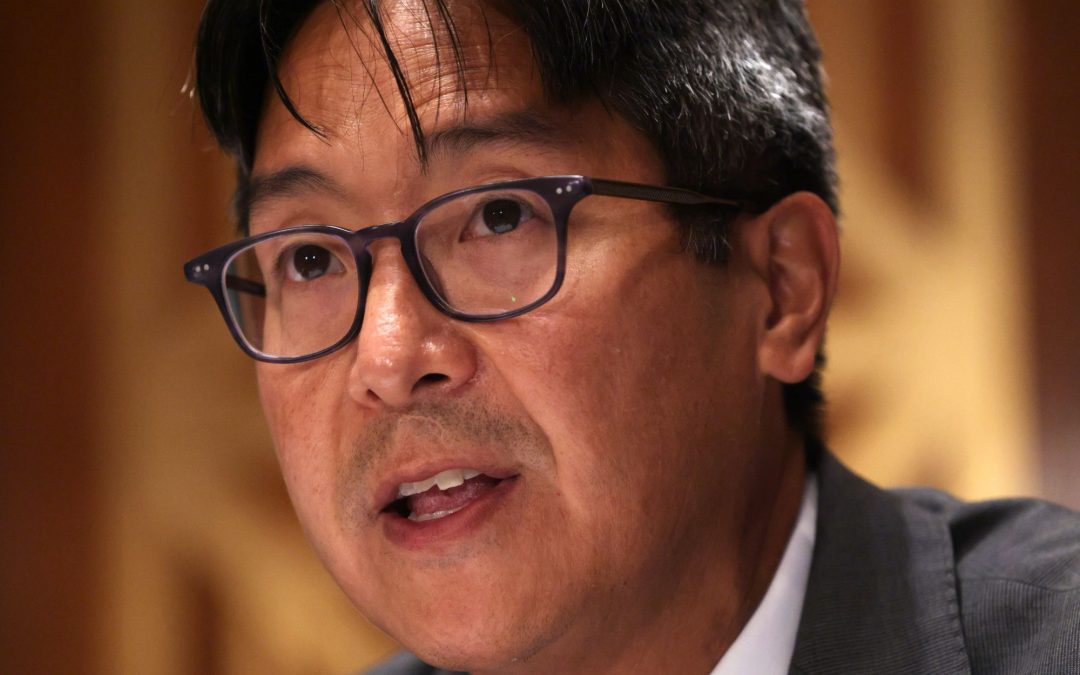Banks are more interested in cryptocurrencies than at any previous time – but they need to be careful, a federal regulator said Monday.
The Office of the Comptroller of the Currency (OCC) published its Seminanual Risk Perspective report for the fall of 2021, outlining what the agency sees as the key and emerging risks banks should be aware of. Digital assets have been in the report before, but the Fall 2021 report has the most in-depth analysis of how digital assets might interact with the banking sector.
“Distributed ledger technology and digital assets, including stablecoins and other crypto-assets, may broaden delivery channels and the functionality of financial services,” the report said. “The OCC is approaching crypto-related activities in the federal banking system very carefully with a high degree of caution and expects its supervised institutions to do the same.”
Banks and other regulated institutions should check with their OCC supervisor before they begin offering any services in the digital asset sector, the report said.
These services can include custody, derivatives products and access to third-party crypto products.
“This includes ensuring sufficient knowledge and expertise in the underlying products and services and processes to identify and address strategic, operational, compliance, and reputational risks. Sound risk management of crypto-related product offerings includes alignment with a bank’s strategic goals, risk appetite, resources and expertise,” the report said.
While the report said digital assets can lead to “opportunities” for the banking sector, it emphasized there are risks to banks if they delve into this new asset class.
The OCC intends to provide more guidance for banks in the coming year as well, outlining how specifically banks can take up crypto offerings.
The report pointed to recent publications by groups the OCC was part of, including the President’s Working Group on Financial Markets report on stablecoins and the joint interagency sprint team that included the Federal Reserve and Federal Deposit Insurance Corporation, as examples of additional clarity that is yet to come.














